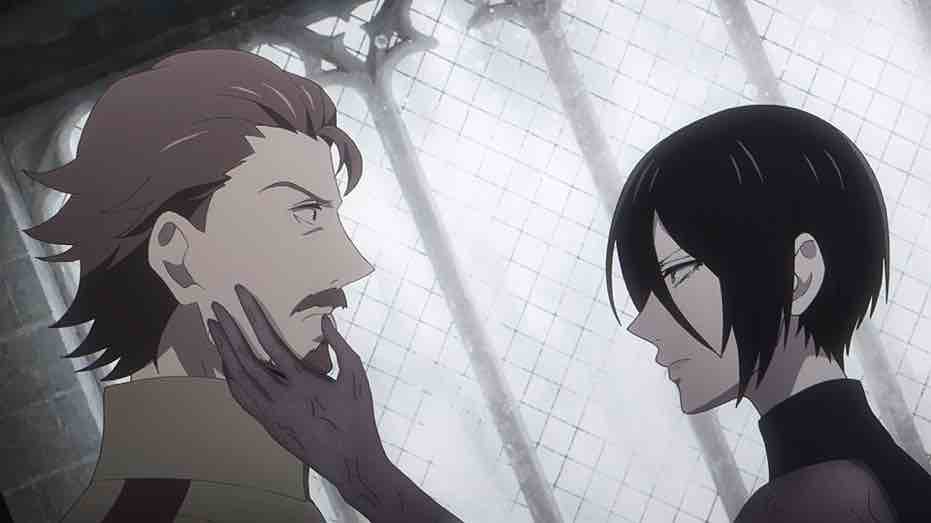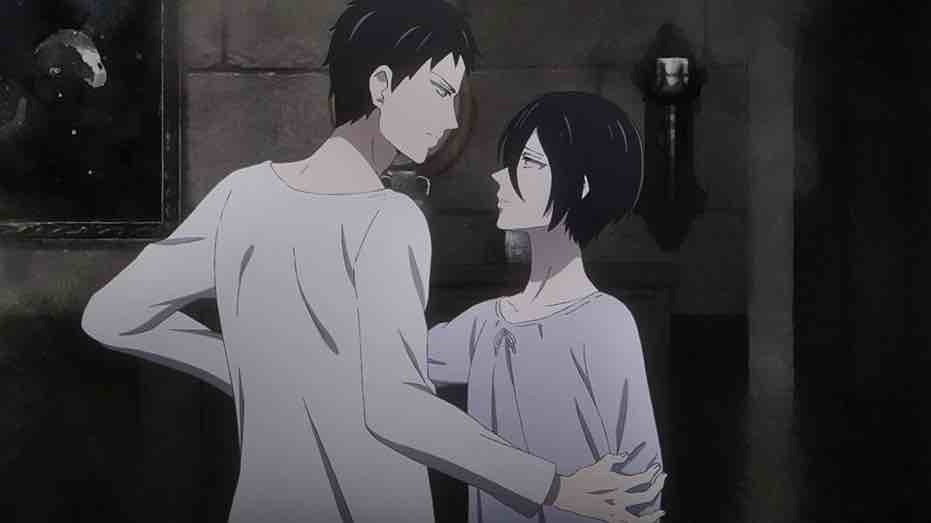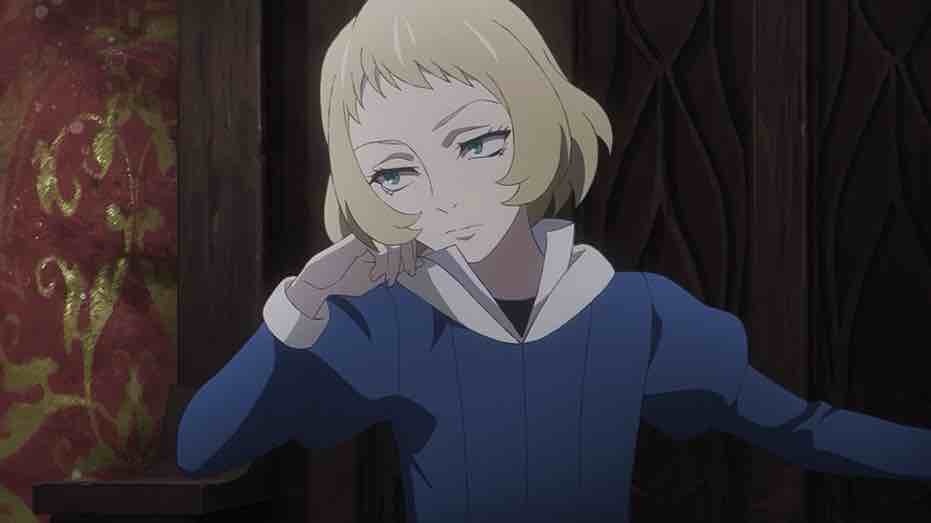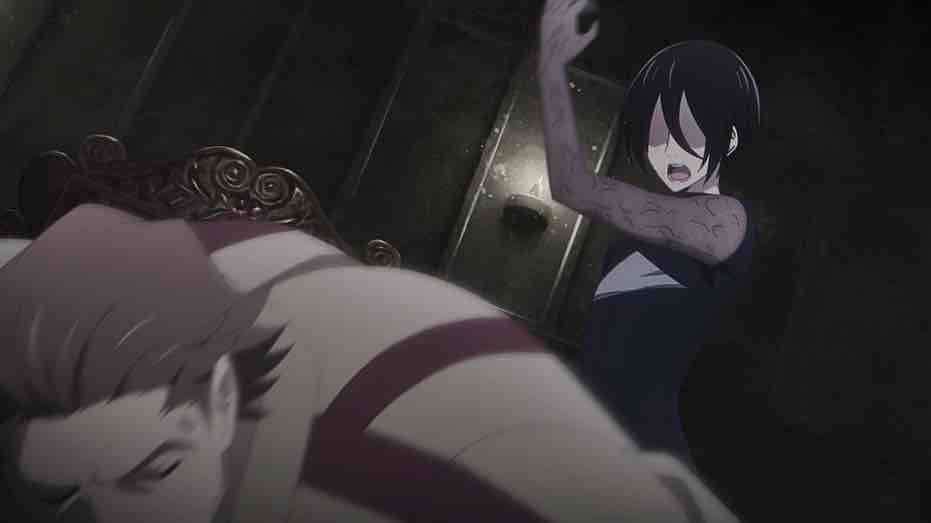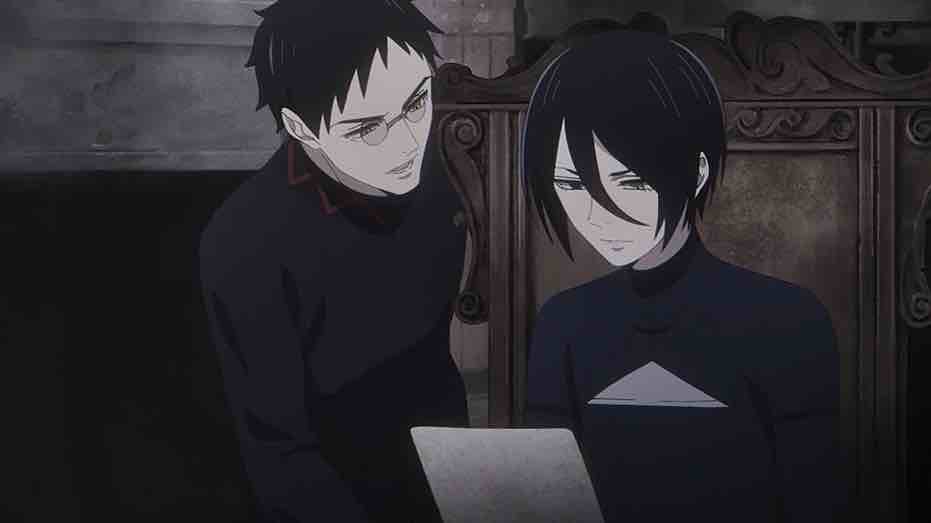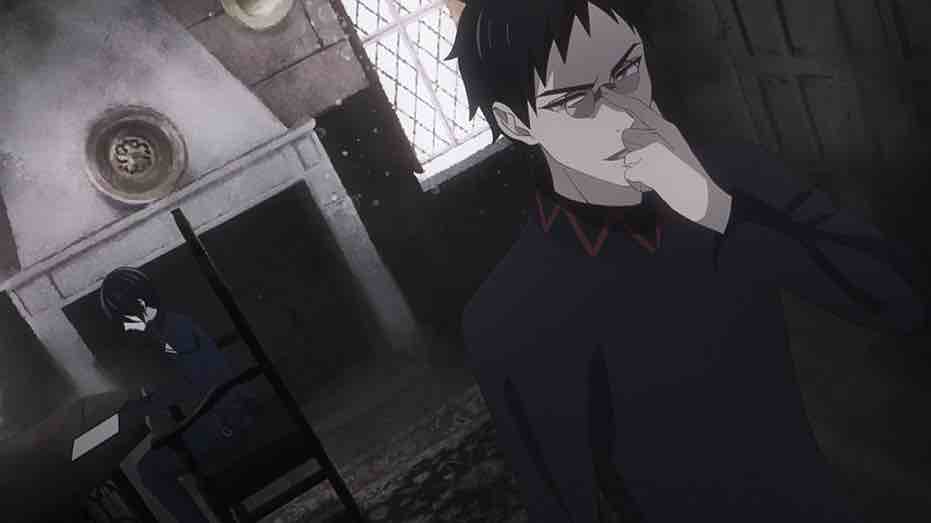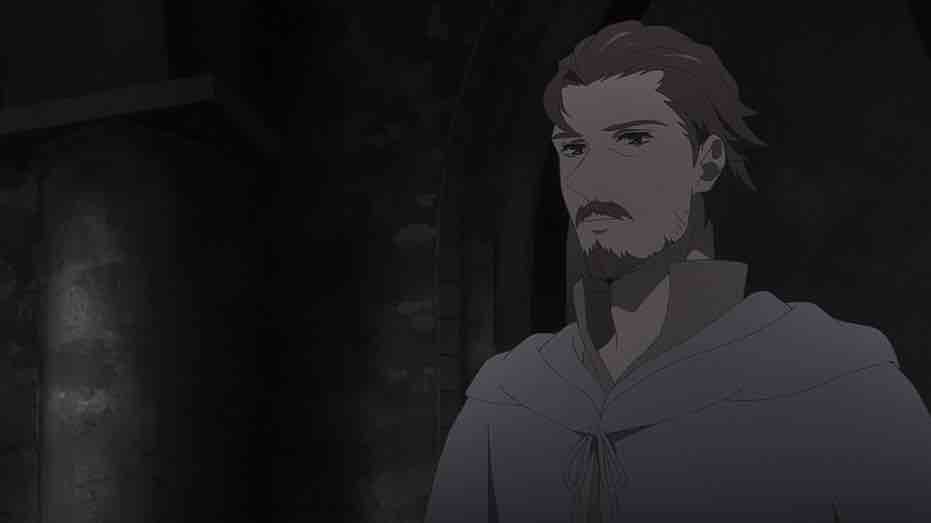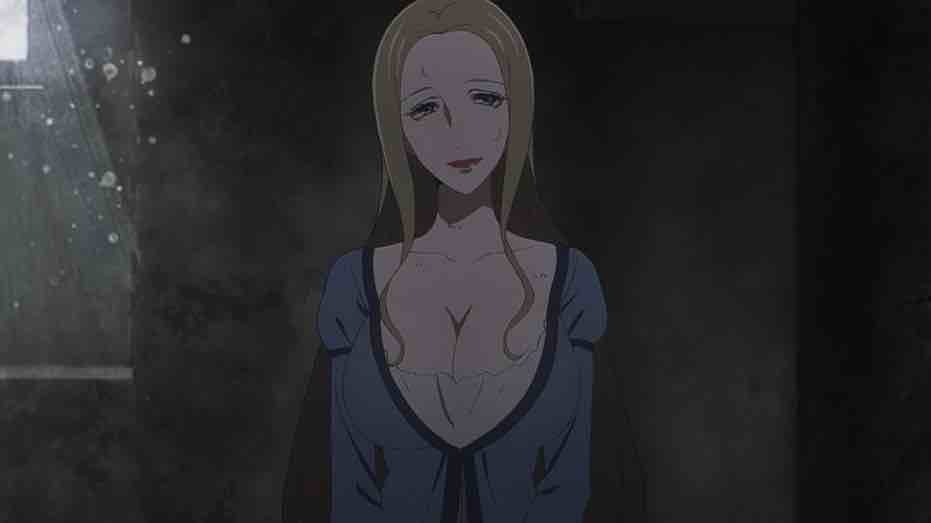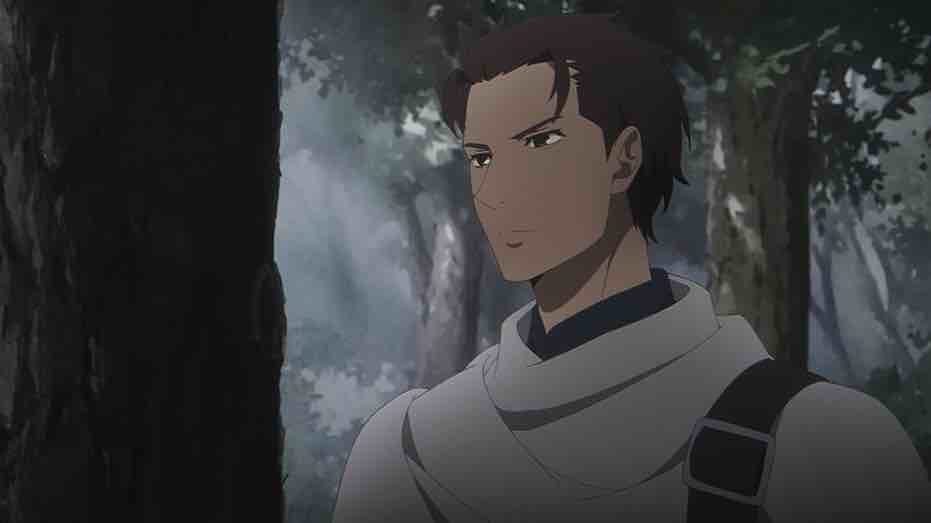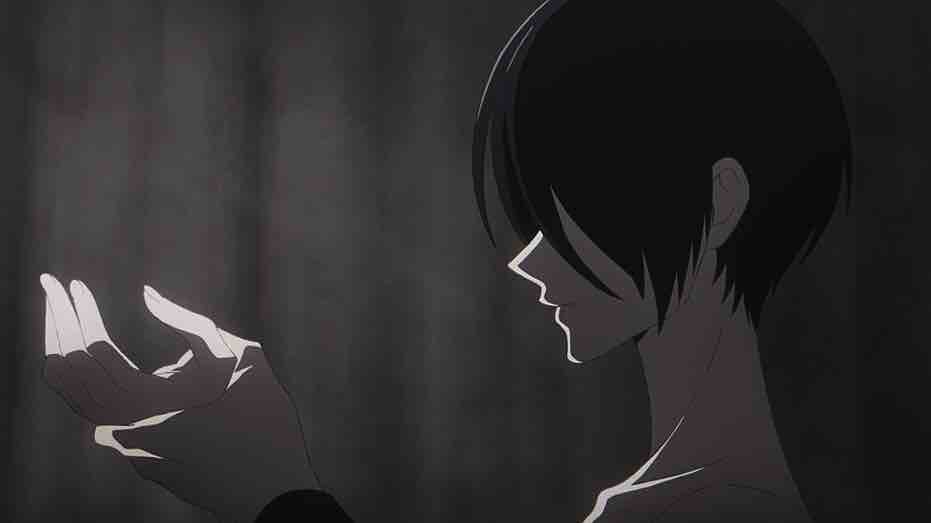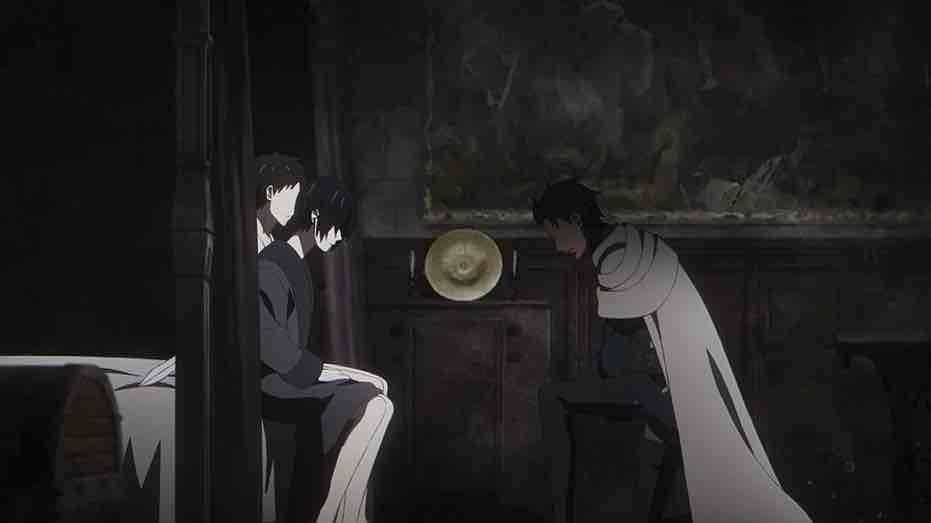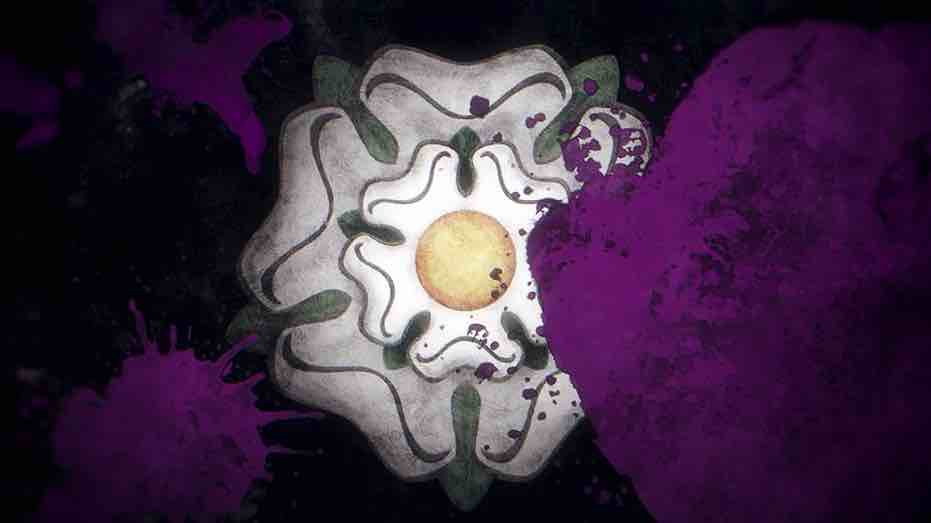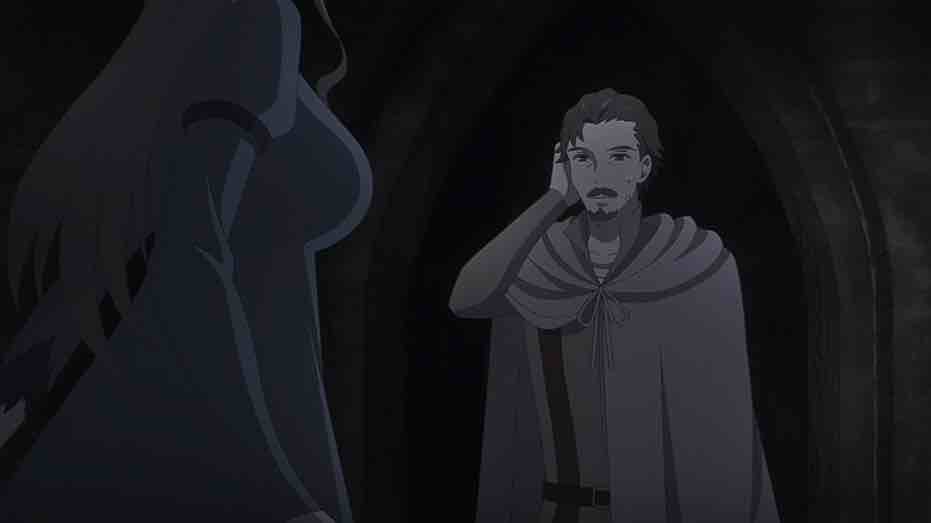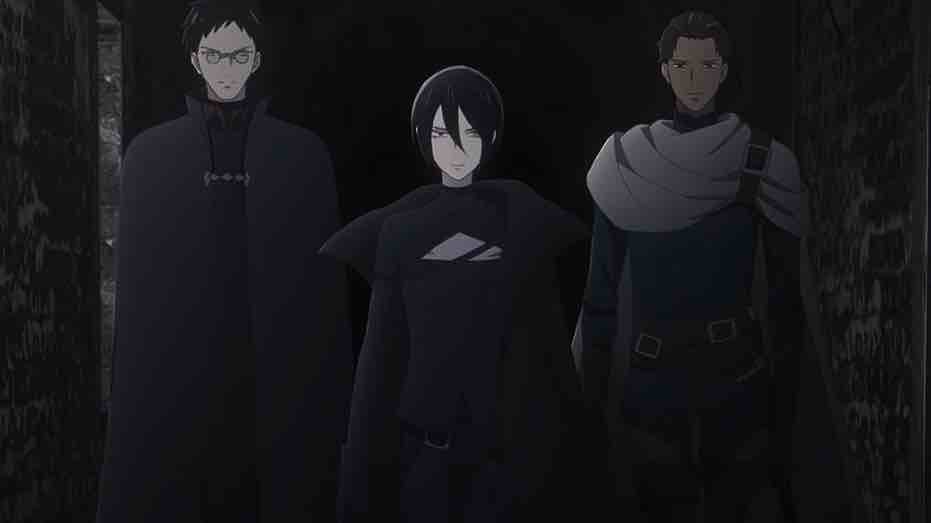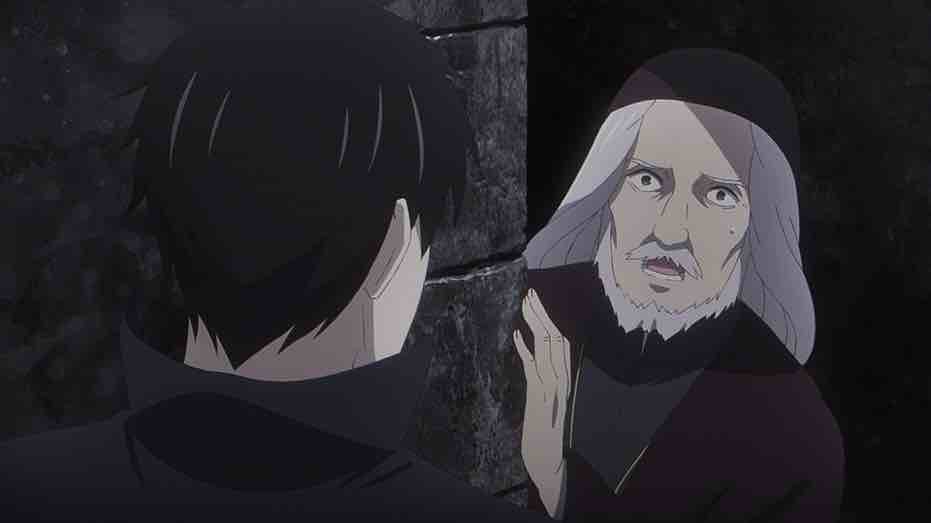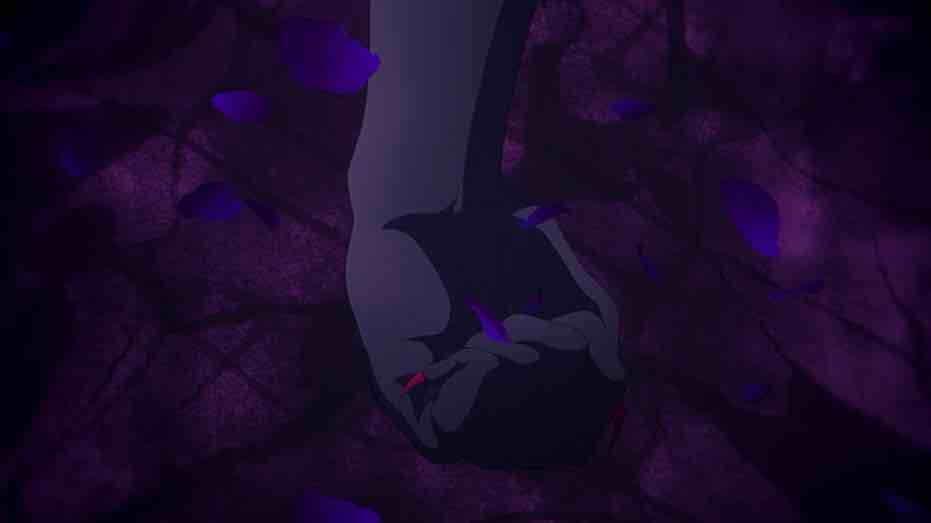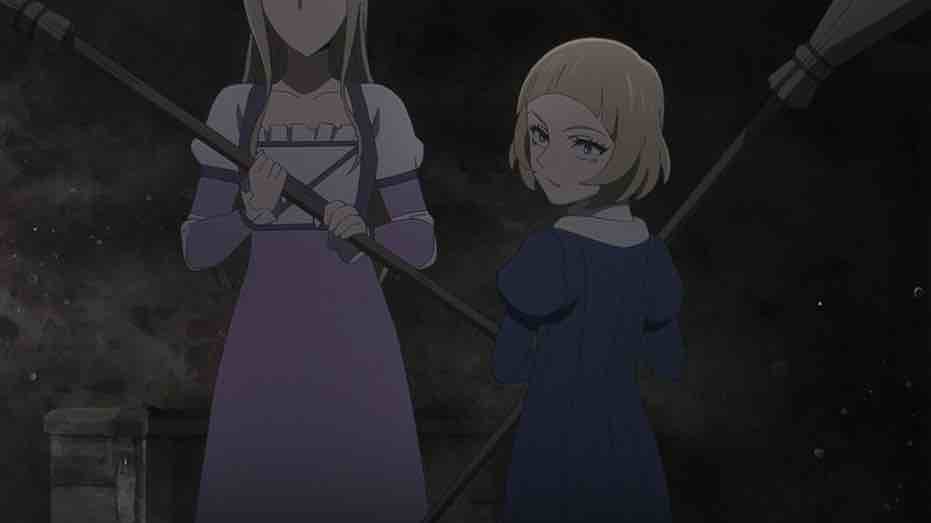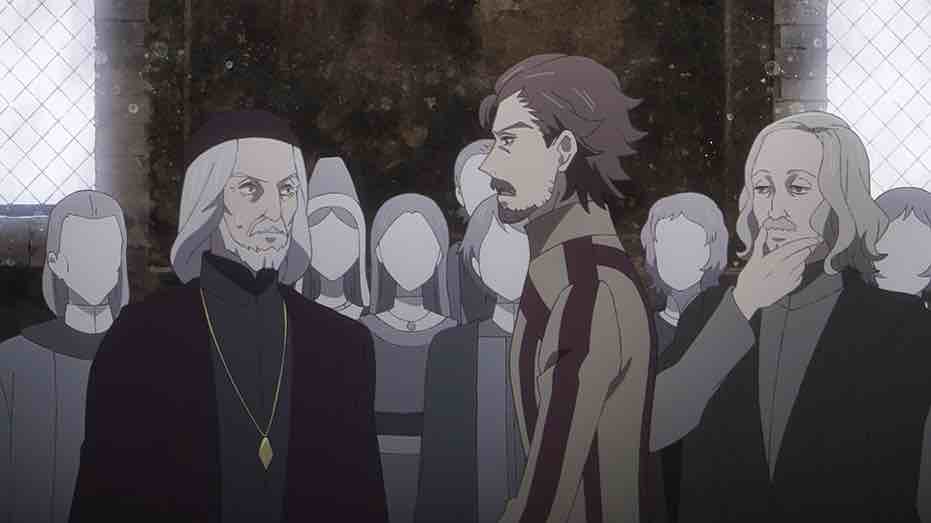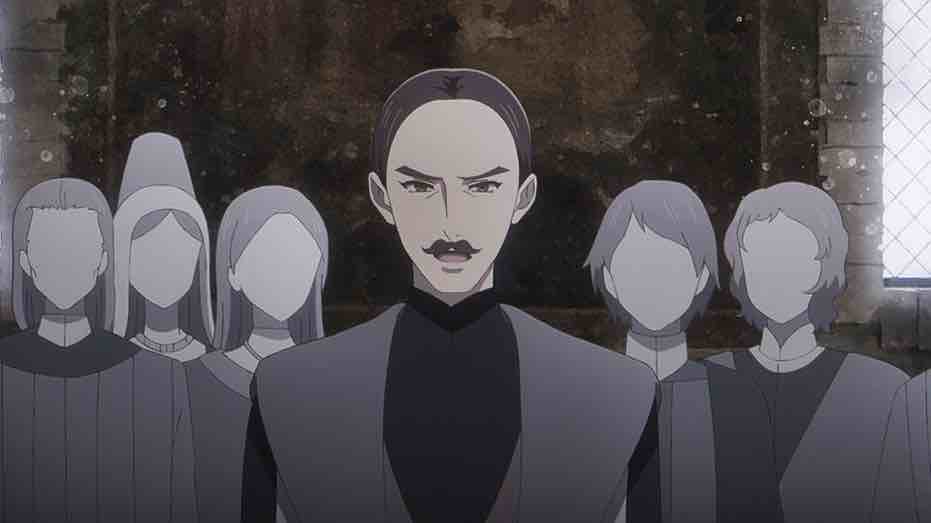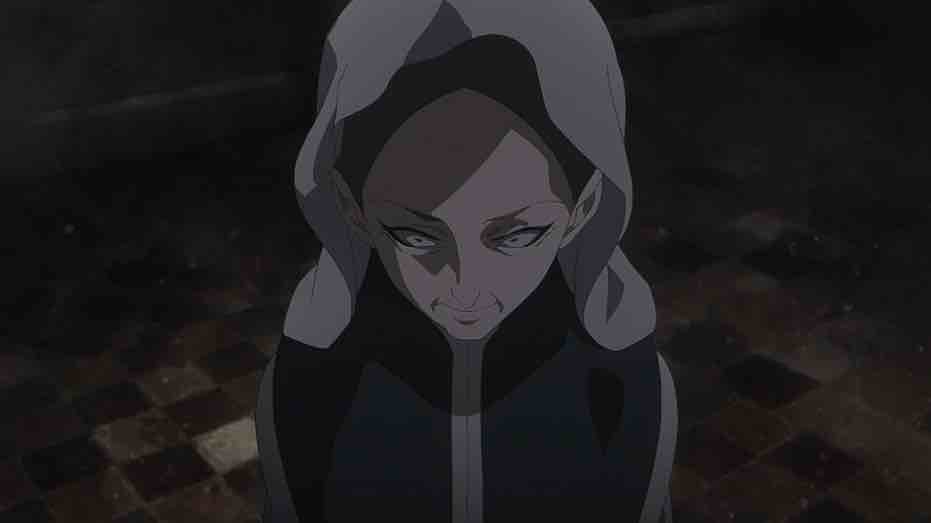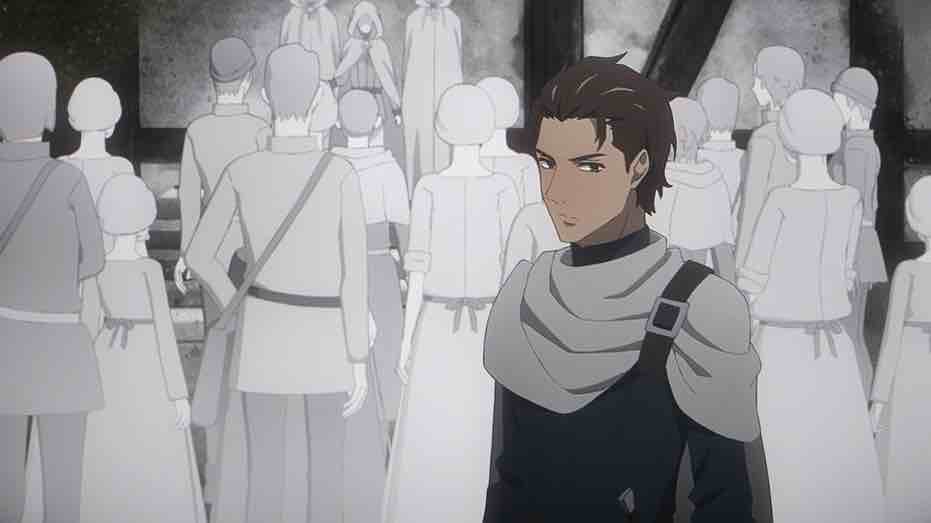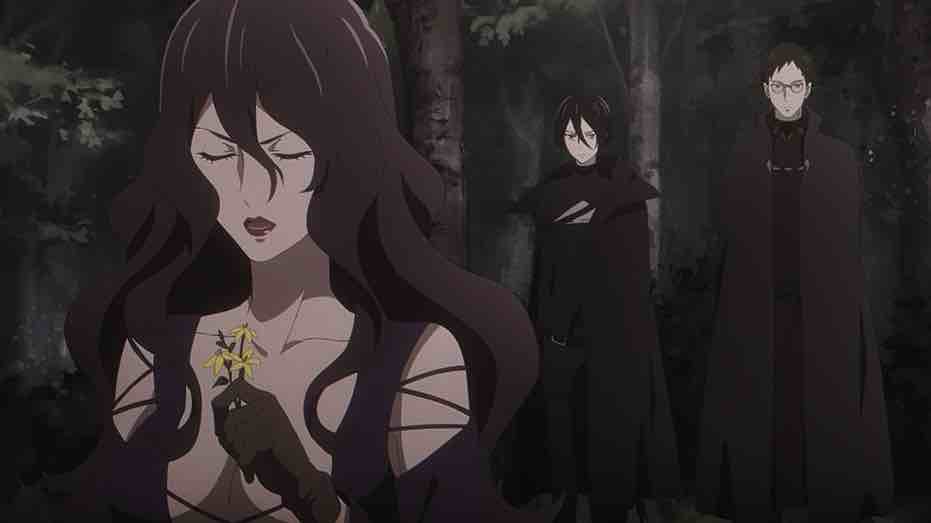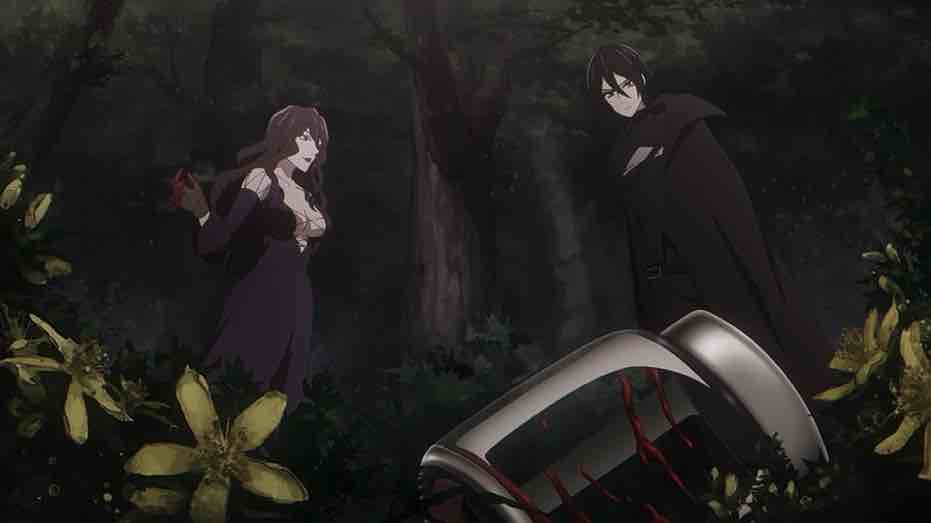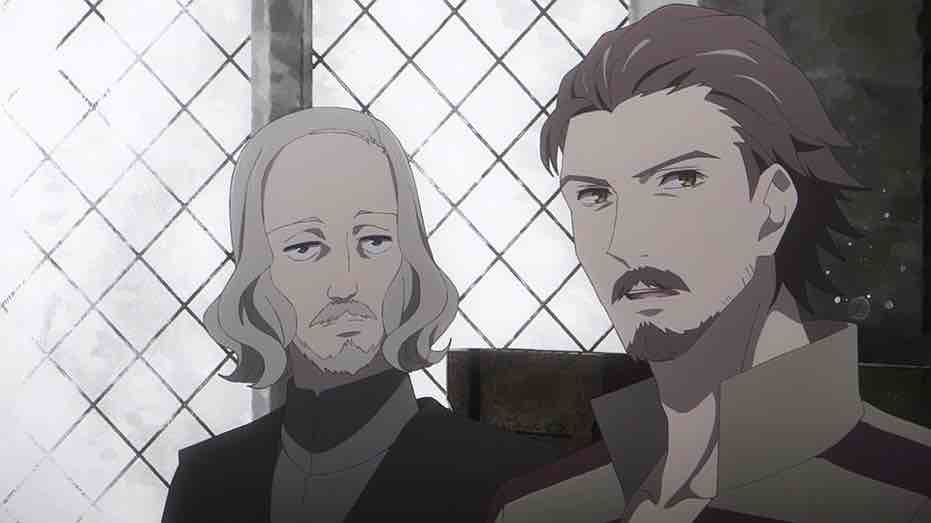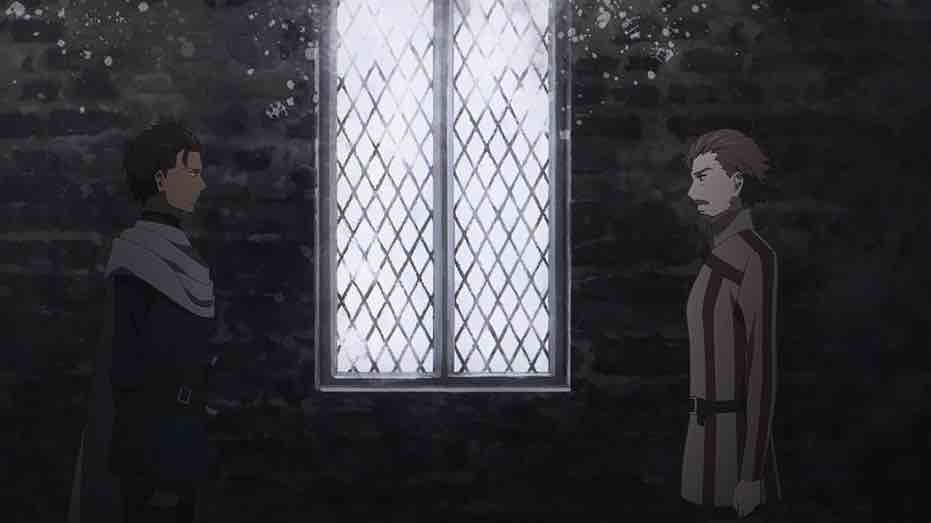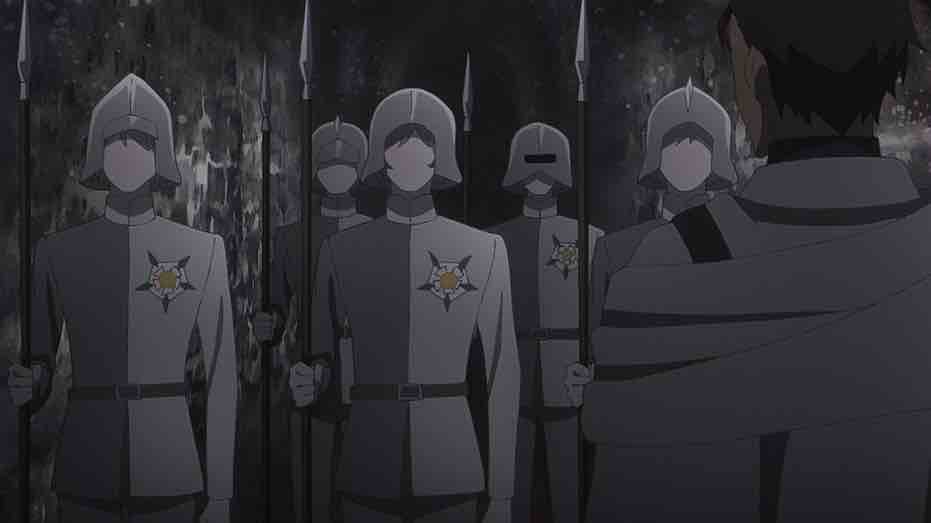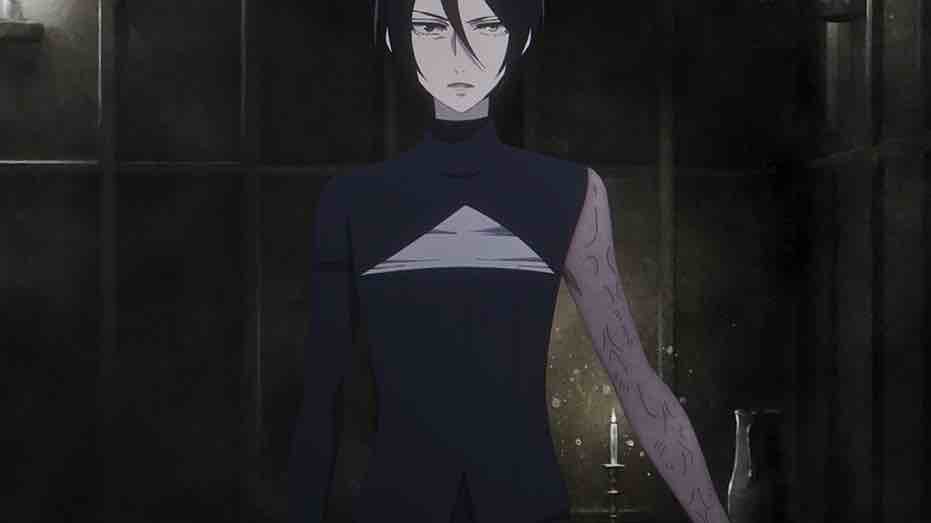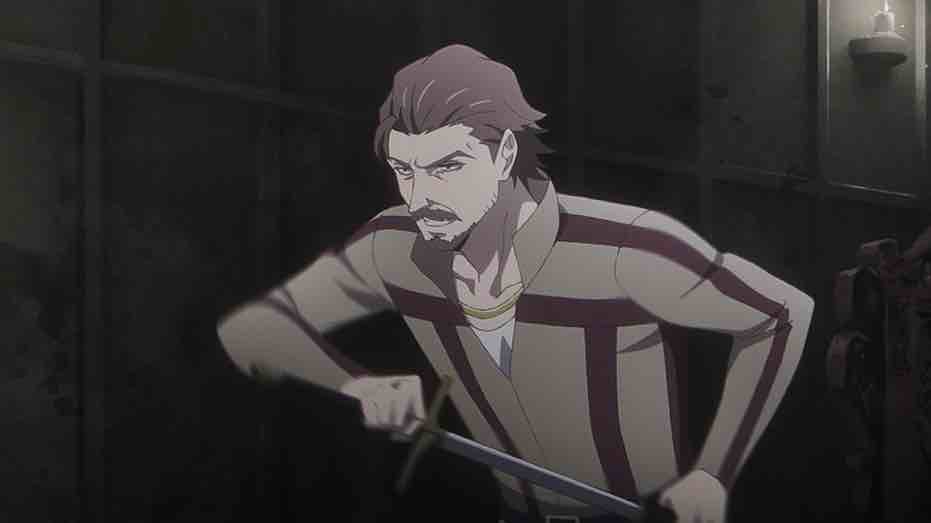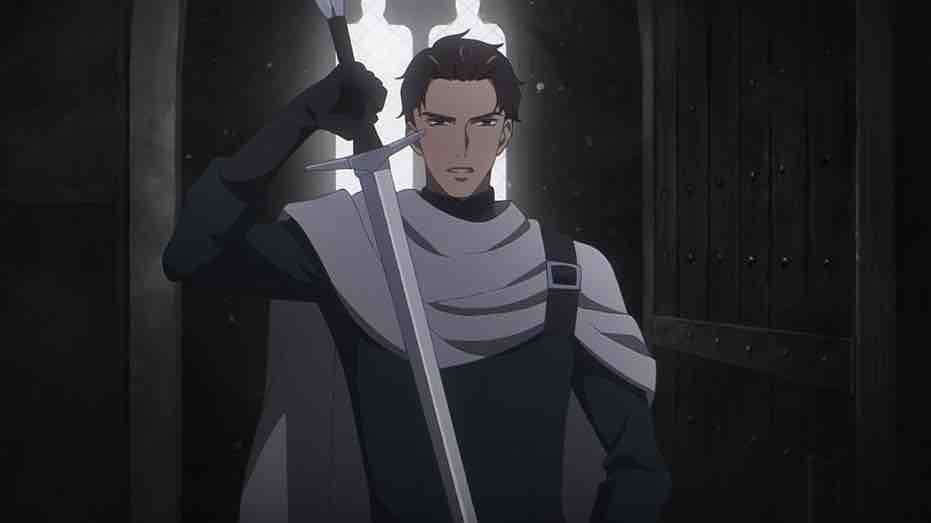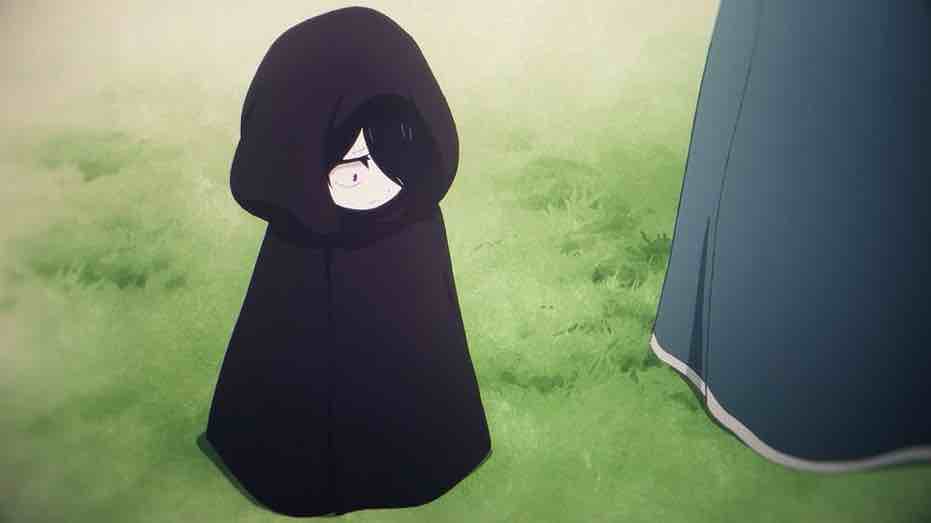One of the reasons Baraou no Souretsu was of interest to me going in was because Richard Plantagenet was in dire need of re-examination. The hatchet job started by the Tudors and tied into a bow by Shakespeare (who I don’t think had any agenda other than selling tickets) has been the historical narrative for more than half a millennium. The “winning side writes history” is one of those truisms that pretty much holds up, and it certainly applies to Richard. There are those who contest it – hell, England even has a Richard III society dedicated to the cause – but outside of a small cadre of history geeks no one really knows it exists.
I’m not saying Baraou no Souretsu had any obligation to “rehabilitate” Richard III – or indeed, that he’s deserving of it. But the story is far more complicated than the perception. There are things we don’t know, but we do know that Richard was loyal to his brother Edward while the middle brother George (Clarence) betrayed him over and over. We know that in his home region in the North of England he was considered a capable and generally just ruler, and this in his time the region was as safe and prosperous as it had ever been.
Setting aside the whole physiognomy obsession it has, Baraou no Souretsu has to an extent painted a more balanced picture of Richard. Unfortunately it seems to be landing in same place the Bard did – painting Richard as a demon doing the Devil’s work on Earth – it just took a different route to get there. It would have been much more interesting to me if the series hadn’t ignored one of the key elements of not only the opposition to Richard, but against the York dynasty altogether – the regional factor (which comes across quite clearly in A Song of Ice and Fire, in fact).
The north-south divide in England is a very real thing to this day, as any Brit could tell you – a strong and often nasty cultural divide. By this time London had already become England’s largest city, and the entrenched power in the South very much resented those bumpkins to the North seizing the throne. Not only that, when Edward IV was king he effectively gave Richard the northern half of the country and let him rule it as he pleased. Richard in fact quite intentionally steered well clear of Windsor, knowing the Woodvilles were gathering more and more power unto themselves and destroying anyone they saw as an enemy (like George, in fact).
What happened after Edward’s death – after a descent into corpulence and debauchery even more extreme than depicted here – was in a sense a civil war between the North and South. Hastings was indeed caught in the middle of it, a man who saw himself as the ultimate loyalist to the throne but who was used and discarded by the Woodvilles. By this time Edward V (raised by Elizabeth’s brother the Earl Rivers) and the king’s other children had been thoroughly indoctrinated and absorbed into the Woodville cause – they were Woodvilles more than Yorks. This was the reality Richard faced – and he had much support, to be sure. The Woodvilles were seen as trumped-up peasants and schemers, and almost universally despised by the traditionally powerful noble families.
All of that is probably a bit esoteric for a Japanese audience, if we’re honest. So if anything the problem here is that my expectations were unrealistic. And it’s not all bad – the Woodvilles certainly don’t come off as noble victims here. Original tangents for dramatic effect are not necessarily bad, but I’m finding a lot of Barou’s to be pretty silly. And I don’t especially like the way Richard is starting to look like a tool in Buckingham’s hands – whatever you think about his motives, there’s no evidence he was anything but the master of his own actions. I hope semblance of the complicated reality survives in the final arc – even if the events about to occur will make it very hard to portray Richard in anything like a balanced light…


